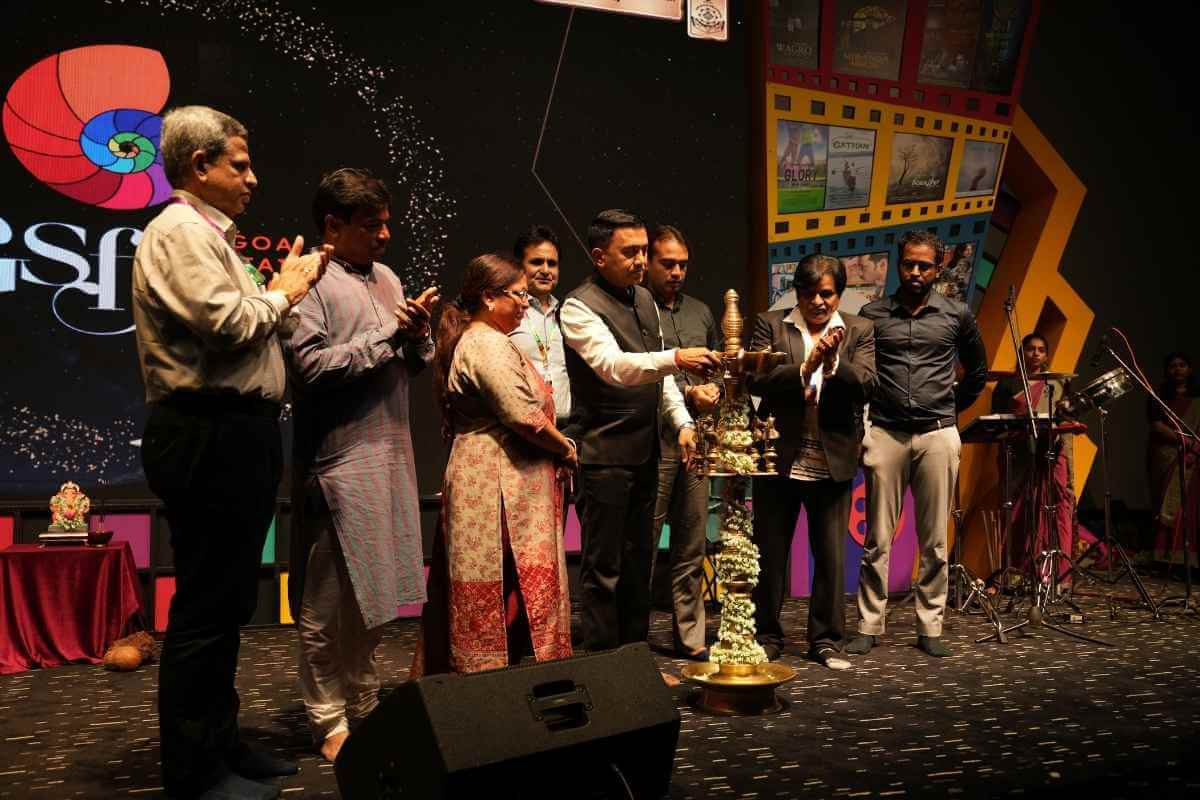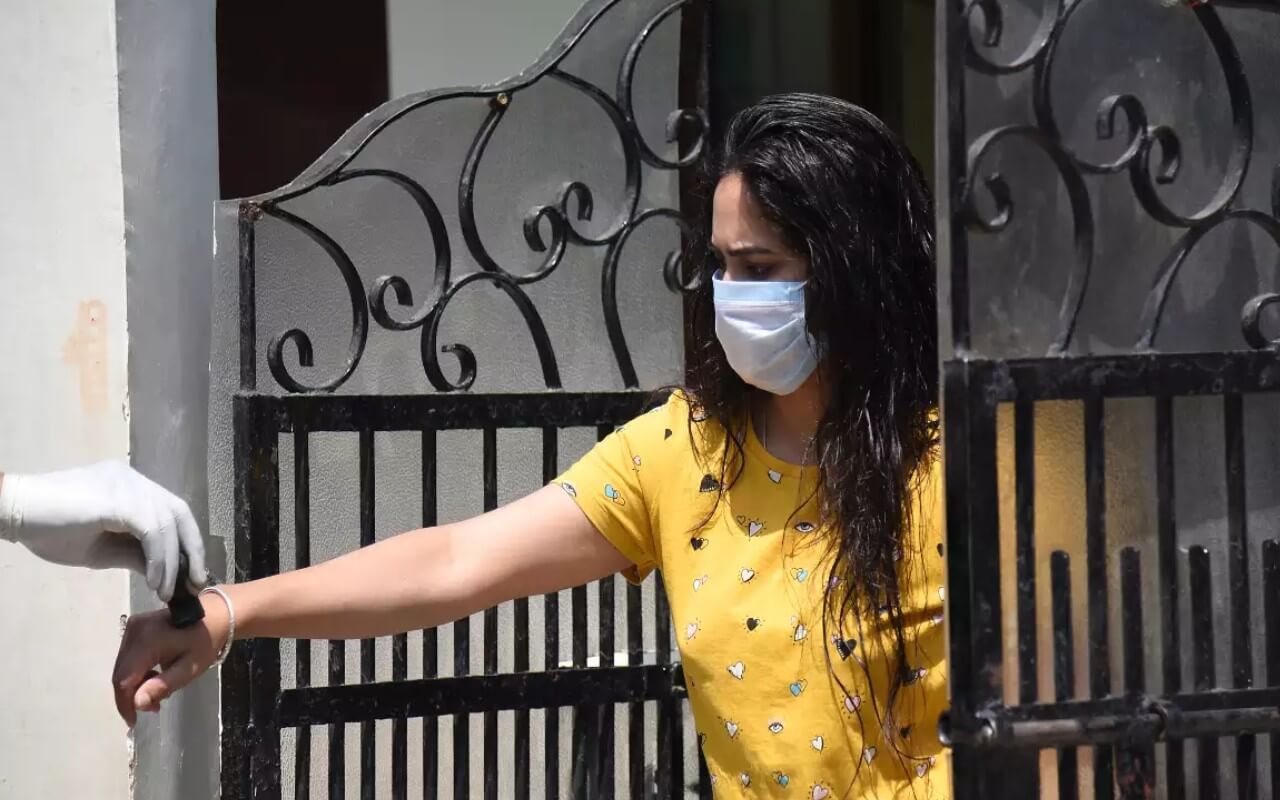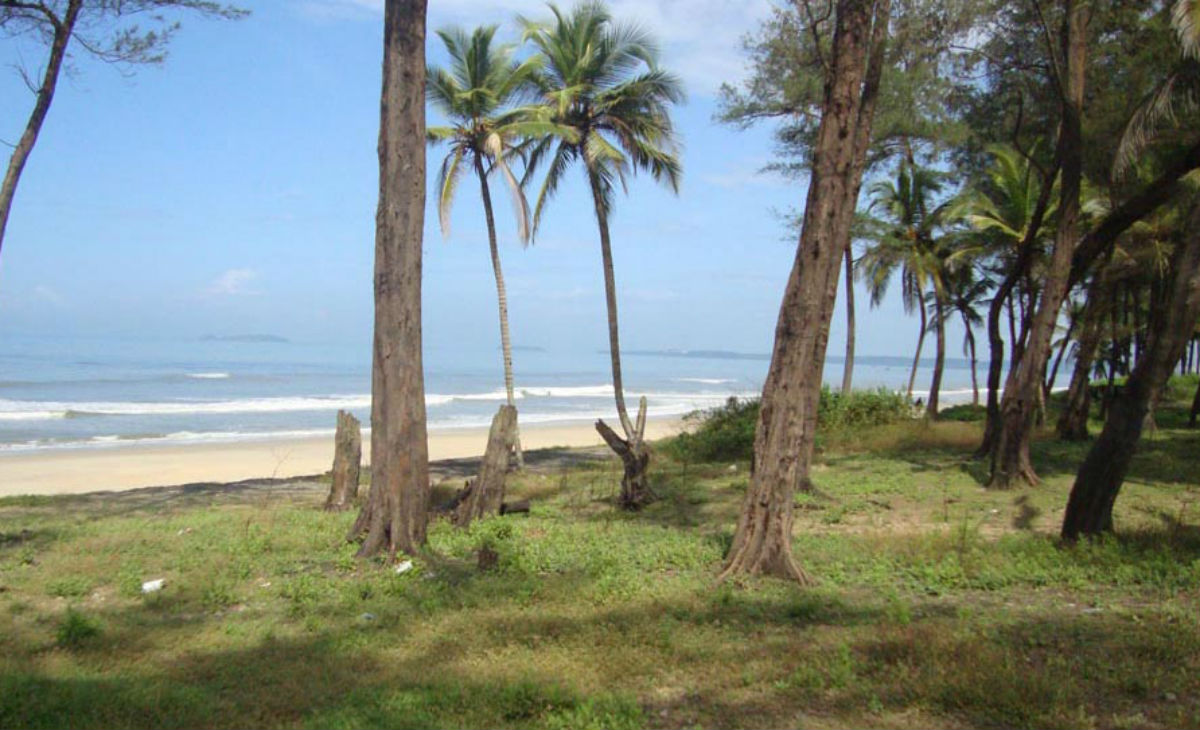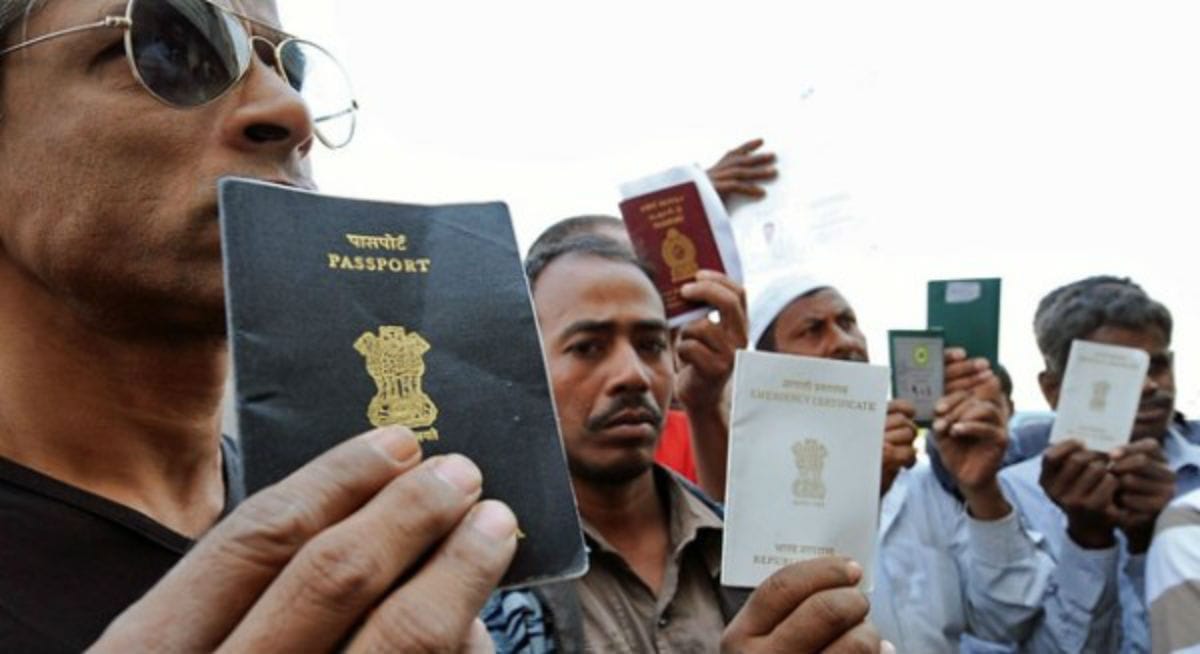Goa “is one of the great centres for the diffusion of the Portuguese language” and of Lusophone cultures “throughout Asia”, said the professor of the Department of Portuguese and Lusophone Studies of that State Loraine Barreto Alberto. “I think Goa, for a number of reasons, is one of the great centres for the diffusion of Portuguese language and cultures of Portuguese-speaking countries across Asia , bringing together unique conditions for the training and certification of learning” stressed the history teacher of Portuguese literature.
Portuguese is the sixth most natively spoken language in the world. More people speak Portuguese as their native language than French, German, Italian, Korean, or Japanese. Nearly 250 million people speak it across four continents. Plus, several international organizations like the Mercosur, the Organization of Ibero-American States, the Union of South American Nations, the Organization of American States, the African Union, the Economic Community of the West African States, the Southern African Development Community, and the European Union uses Portuguese.
Goa is an ideal place to learn this language thanks to Portuguese-speaking locals, many Lusophone activities, including the screening of films for Portuguese learners, music concerts, seminars, and events. One can also learn Portuguese in Delhi, Mumbai, and other parts of India by enrolling in one of the learning centres.
The Instituto Camões, a Portuguese international institution dedicated to promoting the Portuguese language and culture, has two centres in India — New Delhi and Goa. Goa offers the best environment to study this language in the country and could turn into a hub for Portuguese studies in India.
There is increasing demand and scope for Portuguese language experts in India in various industries like finance, accounts, technology, technical support, IT/ITES, tourism, and education. Today, the global economy is seeking specialists in the Portuguese language. Proficiency can offer many jobs involving languages from MNCs in Delhi, Bengaluru, Pune, Chennai, Hyderabad, and Mumbai.
It is not as popular as other European languages like French, Spanish, or German. However, The demand for Portuguese is growing in India for multiple reasons.
Professor Alberto pointed out that the Department of Portuguese and Lusophone Studies at the University of Goa “is the only one” in all of India that offers higher education courses at the level of bachelor’s and master’s degrees in Portuguese, considering that this confers on the former capital of the Portuguese state in India “an unparalleled status in the region of Southwest Asia”. “We had 94 students to obtain a master’s degree” between 2008 and 2020, said the academic, who also teaches Indo-Portuguese literature (Goan literature written in Portuguese).
“In this academic year, we have six students enrolled in the baccalaureate course and 17 in the master’s degree” and, “since last year, three students enrolled in doctorates”, he said. “It is a course entirely in Portuguese, we have students from other parts of India”, pointed out the assistant professor.
If, in a first phase, the classes were made up of 50% of Goan students and the other half from other parts of India, since 2017 this trend has been changing, with an increase in the number of students arriving from abroad.
Here there is a lack of jobs for candidates with academic training and fluency in Portuguese, there are practically no multinational companies based in Goa that need specialists in Portuguese, unlike other states and cities in India ”, explained Loraine Barreto Alberto.
“Having an advanced degree opens up (to those who come from other parts of India) immense possibilities to get a job and a good pay, [while] in Goa practically the only career that students” can aspire to “is in teaching as a professional outlet ”as department graduates with a master’s degree.
The academic staff is made up of an assistant professor from Lisbon, who was hired for a period of five years, and they also have the support of Instituto Camões, responsible for the Portuguese language centre in Goa.
Also in the scope of Indo-Portuguese studies, the department has been growing since, in 2016, the Joaquim Heliodoro da Cunha Rivara chair was created, a partnership between the University of Goa and the Camões Institute, whose main objective “was to create commissions for the implementation of the doctoral program in Indo-Portuguese studies ”.
During the term of this protocol – between 2016 and 2019 – “there were five teachers invited to carry out teaching and conference activities, among other projects” and, in each of these academic years, 83 and 94 students, respectively, who attended the courses offered. Portuguese culture or introduction to literary studies are some of the subjects taught in the department of Portuguese and Portuguese-speaking studies.






























